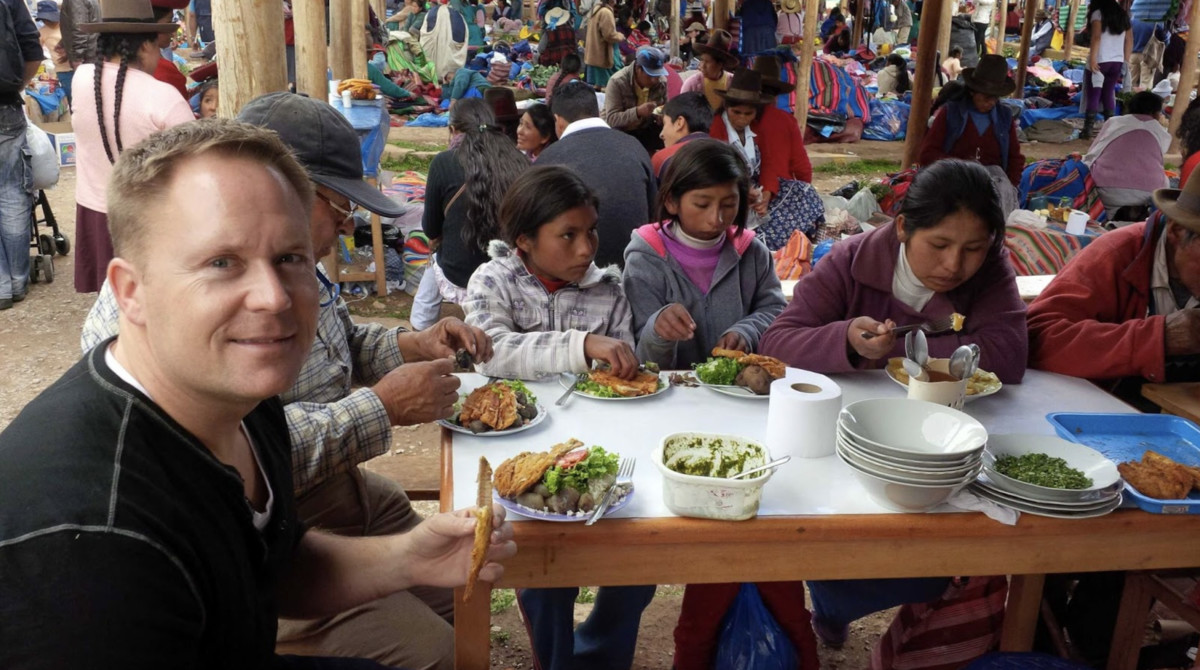Some family members of students and teachers who have been exposed to COVID-19 at a Kelowna school suffer from “discrimination and prejudice,” says Interior Health.
According to school officials, people who do not have to self-isolate at the Ecole de l’Anse-au-sable due to the outbreak were wrongly turned away from events in the community.
“These household members need to be able to go on with their daily lives while respecting general public health recommendations that are similar to those of other public members,” said IH Health Officer Dr. Kamran Golmohammadi on Friday.
“It is crucial that our congregations support one another during this difficult time,” he said.
“We urge everyone to stay calm and support people instead of creating more fear and insecurity through discrimination and prejudice,” he said.
Eleven people at the French language school on the corner of Gordon Drive and Lequime Road have been infected by COVID-19 and 160 students and teachers have been told to stay home and self-isolate.
But there is no need for the siblings of those children who may also have faced self-isolation, Golmohammadi said. There is also no need for family members of teachers and staff who may have faced self-isolation, he said.
“Although contact from someone with COVID-19 infection must self-isolate, contacts from contacts do not require self-isolation,” he said.
There are no plans to close the school, said provincial health officer Dr. Bonnie Henry on Thursday, although she added that this could change if more people connected to the school test are positive for COVID-19.
“But I think that’s unlikely, given what I understand about this outbreak and the investigation to date,” said Henry.
Henry added that the experience with the virus at Kelowna School could lead to a review of COVID-19-related logs in other schools.
“We learn from every exposure event,” she said. “We learn from every cluster and we learn from every outbreak. We have seen this in our nursing homes and how we approach outbreaks in long-term care.
“This is our first school break and we will learn from it. As things emerge that will help reduce the potential for this event in other schools, it is important that we consider how we can expand these measures in each school,” said Henry .
British Columbia has more than 2,000 schools with 600,000 students and 35,000 teachers, Henry noted.
There were 213 COVID-19 exposures in schools, but only six clusters where more than one person was infected at a school.
“And this is our first outbreak,” said Henry, referring to Kelowna School.
“I think that helps us put it in perspective that we don’t see going back to school reinforcing in our communities. But it does, as we expected, reflect what is going on in our communities goes, “she said.
“Most of the exposure events that we have had in schools have not resulted in transmission to others in that school community,” she said.
“While the issue is that we have an outbreak, I think it is positive that we monitored all exposure events and had very little transmission in schools and public health worked with school communities across the province to make it so hold, “said Henry.
The 11 people at Kelowna School who tested positive for COVID-19 are a mix of staff and students, Henry said. She declined to give the exact breakdown as it could raise privacy concerns.










